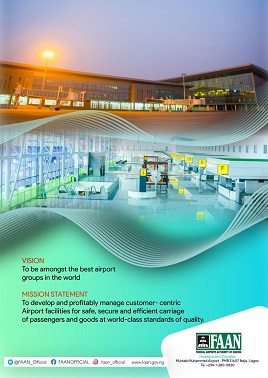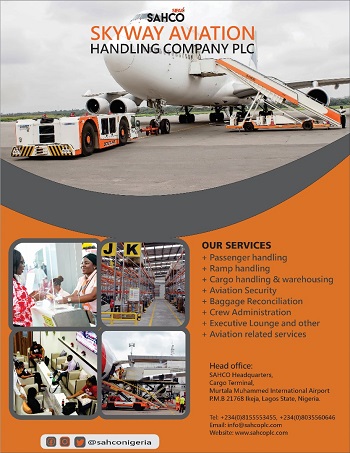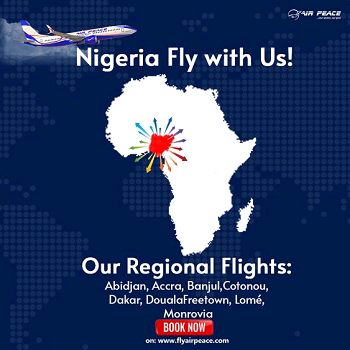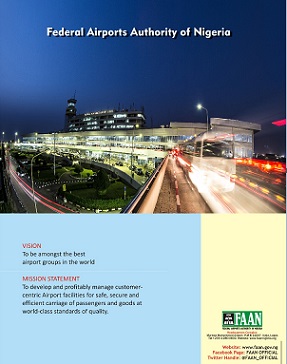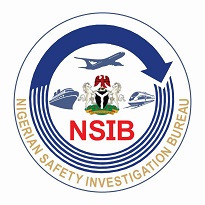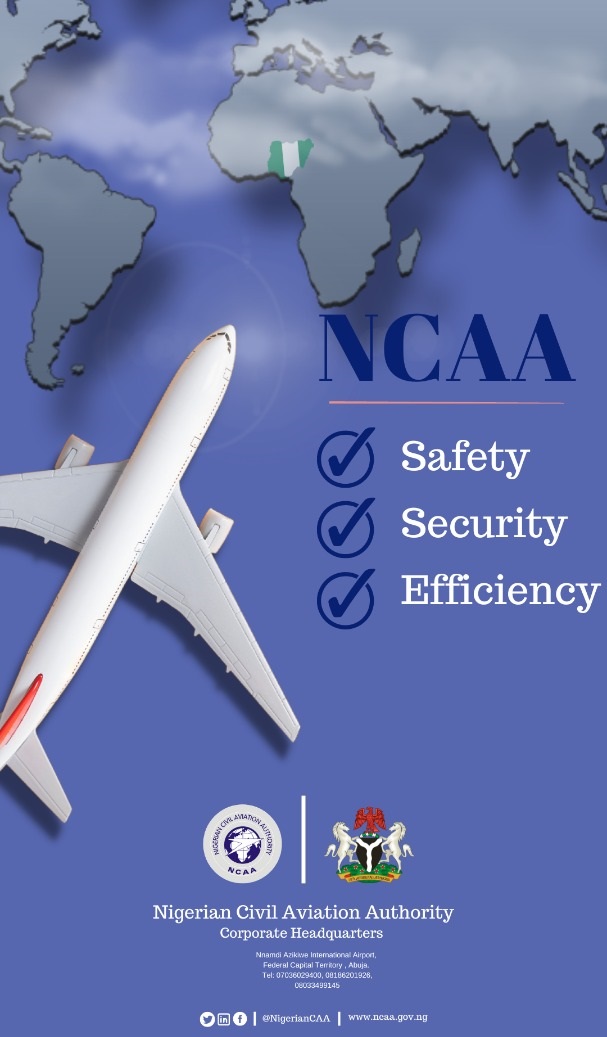
By Seyi Adewale
The magnitude and enormous effect of the Coronavirus COVID -19 caught almost every economy of the world by surprise. COVID -19, a contagious, variant strain of Coronavirus (in the family as MERS and SARS) is believed to have originated from the City of Wuhan in Hubei Province of China. This Coronavirus outbreak emanated from a local seafood/wild animal market in Wuhan and it has been declared a Pandemic by the World Health Organisation (WHO) and evidently so. It attacks the respiratory system and thus severe breathing problems and pneumonia type of outcomes. Global confirmed cases are currently over 1.2Million and deaths over 70,000+ with USA, Italy and Spain toping the prevalence ratings.
Countries have responded with various strategies to stop, mitigate and contain this Bio-Security threat. The most common by most countries is by shutting airspaces, airports, hotels and many other business and social gatherings excluding only essential services providers. Many jurisdictions have restricted movements including travel ban of its citizens for fixed and varied terms whilst studying different ‘models’ to ascertain the containment of this contagion and national security threat. Over 180 countries have confirmed incidences or presence of Covid-19 infections within their borders.
The Aviation subsector has been the target of direct endeavours, containment and mitigating strategies in global efforts to end the pandemic. These containment strategies are already taking a huge toll on the industry. IATA has announced that passenger airliners could lose up to $133Billion in revenues this year. Aviation service providers including Airports, fuelling services providers, ground handling service providers, security services providers, catering services providers and many more would be badly hit this year 2020.
It is projected that there would be massive job losses, cancelation of existing contracts or its downward financial reviews, in order to mitigate or lower the impact of these losses. Only organisations with good financial reserves or assets would survive without government stimulus packages (interventions) designed for the subsector through grants, tax waivers, loans to limit the negative impact of the COVID-19 crises. Airline shares are rapidly tumbling as the bear markets have taken over globally. For example, GE Aviation arm has cut 10% of its workforce as a grand plan to save $500Million – $1Billion in the current financial year.
British Airways (BA) has indicated that the Coronavirus crises impact is worse than 9/11 with parked aircrafts. Its parent IAG is already in talks with the Trade Unions with possibilities of Redundancies, Job Cuts, Losses validated through temporary suspension of flights, airspace shut down and/ or travel ban and related advisory in different countries and regions.
As a strategic plan, some airlines have already opted out to file for Bankruptcy and some collapsed such as Flybe in Europe. Africa’s largest airline, Ethiopian Airlines, is already talking of placing a huge number on unpaid leave. Locally and in Nigeria, the major carrier and regional West African player, Air Peace, has been forced to shut down its operations for 23 days effective in the first instance from 27th May 2020. The Company, well known for its excellent staff welfare scheme, is yet to announce measures it intends to implement in order to weather this COVID-19 storm. The impact of Covid-19 on this thriving airline could only be imagined for now given its large workforce and huge fleet of aircraft. It is only safe to estimate that without government intervention or aid, as was already being advocated by critical stakeholders, this well managed airline may start to struggle.
The privatized or concessioned Airports will suffer greatly with imminent job losses. Southampton and Edinburgh Airports have commenced job cuts and at the brink of collapse without government help. Many Airports in Africa including Nigeria are government-owned or and will experience limited impact of Covid-19 crises through direct government subventions, interventions or subvention. Jobs within these airports’ management are more secured.
However, Airport service providers (mostly private-owned) such as aviation fuelling service providers, ticketing and travel agencies, tour handlers, ground handlers, duty free operators etc. would suffer greatly by posting negative shareholders return, downsizing and filing for bankruptcy. This impact would be dire and requires the best minds to reposition such organisation or indeed the subsector to return to pre Covid-19 period within the shortest timeframe.
The starting point would be to begin to plan for the next pandemic because this has become a recurrent feature that affects aviation subsector than other sector within the polity. The outbreaks of Ebola, MERS, SARS and now COVID-19 should be enough lessons to know this, with reference to Bill Gates inspired next global threats and suggested next course of actions.
Governments (and their civil aviation authorities), need to embed in their National Security Plan well-articulated strategies to contain, mitigate and/ or limit the impact of the next pandemic (or even epidemic, since all pandemics are firstly epidemic). Deliberate clear steps and specific course of action/ triggers per indication should be clearly developed and spelt out with widespread inputs or contributions from the Intelligence, Defence, Environment, Finance, Logistics, Health and many more sectors in an integrated process leading to a national broad strategy against the next pandemic/epidemic.
Airlines, airports, fuellers and many other aviation services providers need to review their risk management documents and Standard Operating Procedures (SOP) to include proactive, preventive, containment and mitigation actions against the next Bio-Threat. These strategy documents must also be robust and broad-based to include actions from all departments and business units. This is particularly important for organisations that have business operations in different regions or states. A well thought-out strategy document would impact positively on the future survival of such entities in the next pandemic, hoping they survive COVID-19 crises.
Secondly, government stimulus led packages and incentives is a MUST to limit the negative impact of this pandemic on the aviation subsector. These include deliberate sourcing, loans, grants, tax waivers, special forex windows and rates, airport infrastructure deliberate upgrades or construction, and reduction of airport taxes or surcharges. Locally and in Nigeria, Government can consider the followings:
Expand definition of Aircraft Spare Parts to include other important aircraft items such as Brake ASSY, Safety Appliances, Rafts, Aircraft Tires in order to enjoy 0% duty waivers.
In consultation with relevant bodies, companies and associations, increase the 7 – day grace to clear cargoes to 14 days.
Reduce the Airport Authority concession fee from 5% to 2.5% with at least three months concession payment – free period. This frees cash for aviation service providers that are tenants to these airport authorities.
Reduction of On-Duty-Card Fee and Airside Vehicle permits fee
Thirdly, developing countries should ensure they immediately set up teams to collaborate with developed countries in order to know their post COVID-19 strategic plans. This is very critical as many nations potentially could be ostracised in the nearest future. Business and trade for non-strategic developing countries would be hampered because new inter border (access) regulations may be stiff or strict thus imposing tough requirements such as mandatory 14-day quarantine period before final entry and which may be enforced for a period of 12 months – 18 months. Nigeria must actively seek exclusion from grievous or stressful requirements for her citizens. Working now with these developed countries is very important to avoid the country being limited in trade and business capabilities. It is expected that these countries will come up with new regulations, protocols, standards and requirements into their homeland.
Furthermore, developing countries should embed teams to work and be part of post COVID-19 outcomes from WHO, EU, IATA, ICAO, FDA, and many other international bodies.
Finally, conversation about electability or governance requirements MUST now include evidence of Crisis Management competences. These pandemics have revealed that Biological Threats are real threats to National Security and thus crises management capabilities must become a real requirement for top leadership even at nominee stage. It is clearly no longer enough for private organisations in the Aviation sub-sector to seek out only growth or functional managers for leadership positions in a post Covid-19 World.
Seyi Adewale, former Acting Managing Director /Chief Executive Officer of nahco aviance, is the Chief Executive Officer, Mainstream Cargo Limited.


